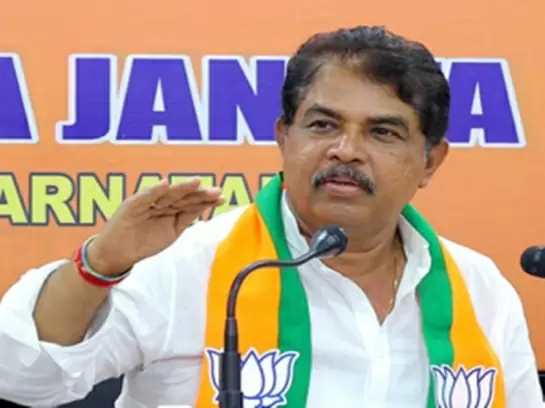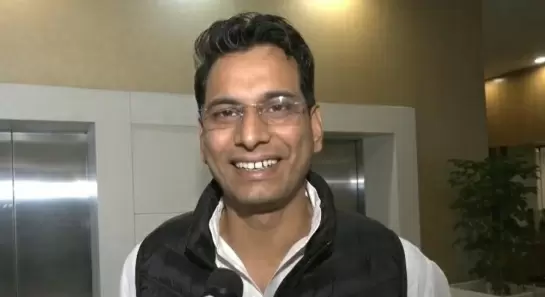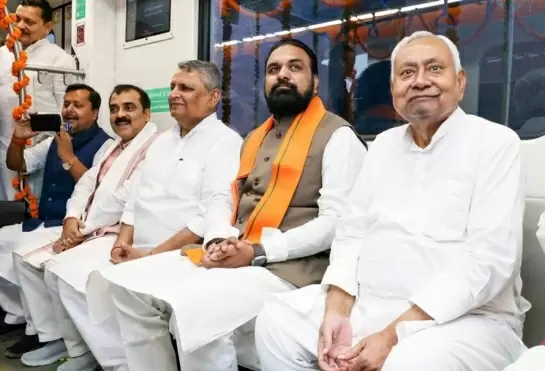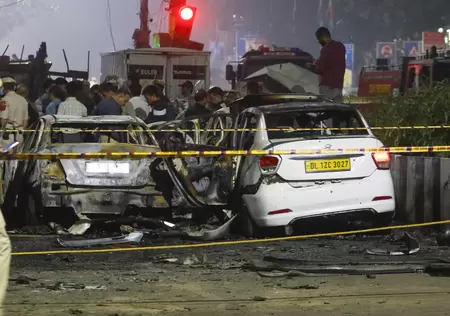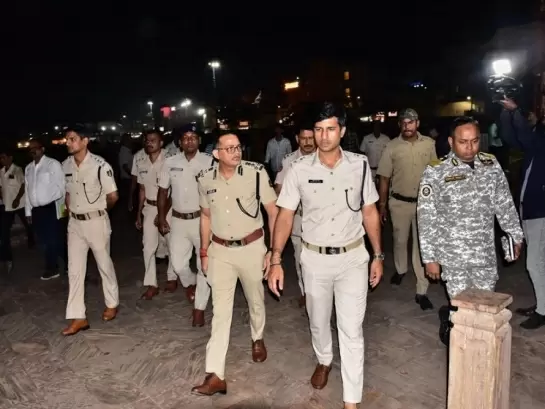Cosmopolitan Bengalis not averse to Hindi, but off-the-cuff remarks best avoided
19-September-2019
People of Bengal think of themselves as cosmopolitan, love to converse in Hindi, and admire Bollywood films and songs, but off-the-cuff remarks like marking Hindi out as a potential common language for the country should be best avoided as it could be construed as a cultural imposition, say scholars and analysts.
Speaking in the context of BJP president Amit Shah's comment describing Hindi as "one language that connects the entire nation in a common threat of unity", Indologist Nrisingha Prasad Bhaduri dubbed Hindi a "regional language".
"Hindi is the language of Uttar Pradesh, may be also of Bihar. So it is also a regional language, just like Bengali, Gujarati or Punjabi," Bhaduri told IANS.
On September 14, Shah had said: "India is a nation of many languages and every language has its own importance. But it is absolutely necessary to have one language for the country, which becomes India's identity globally. If there is any one language that connects the entire nation in a common thread of unity, it is Hindi, which is spoken the maximum."
As his comments led to angry protests, with parties and organisations speaking out against talks of making Hindi the common language of the country, Shah clarified that he never sought to impose it over regional languages.
Disagreeing with Bhaduri, eminent linguist and literary critic Pabitra Sarkar pointed out that in the 19th century many Bengali eminent persons like writer Bhudeb Mukhopadhyay, Justice Sarada Prasad Mitra and Nobel laureate polymath Rabinra Nath Tagore had recommended Hindi as India's national language. Later. Legendary freedom fighter Netaji Subhas Chandra Bose articulated the same.
"They felt Hindi can be the language of communication in India," Sarkar, former vice chancellor of Rabindra Bharati University, told IANS.
He said while section 343 of the constitution recognises Hindi as the nation's official language, it also underscores the need to enrich other languages. That's the reason 22 languages now figure in the Eighth schedule signifying that "these are equally important, and can be the administrative languages in particular states".
"At the same time, the constitution states in parliament everybody has the right to ask questions and hear the answers in their mother tongue".
Sarkar felt Shah needed to clarify in what sense he has made the comment.
"Is he saying everybody has to speak and learn Hindi? Will the medium of instruction in schools mandatorily be English? He hasn't clarified these points. These sort of off-the-cuff remarks trigger needless debates," he said.
Sarkar, a Ph.D from Chicago University, noted that Bengalis speak in Hindi, learn Hindi, enjoy Hindi songs, love to watch Hindi serials and films.
"Now if Amit Shah says everybody should speak and understand Hindi, I don't have any objection. But if he says everybody has to write in Hindi and use the language in all spheres, that is objectionable. Because there lies a possibility of neglecting one's mother tongue," he said.
Political analyst Udayan Bandopadhyay said such comments are better ignored as they carry little significance. "It could be a ploy to divert the people's attention from more pressing issues like job losses, company closures and poor economic growth".
He said Shah's comment has had little or no impact in Bengal. "We will scream on Facebook, whatsApp. That's all. Bengalis think of themselves as cosmopolitan. They don't think about themselves as only Bengalis."
"They love to converse in Hindi or English. A Bengali has that liberal attitude. Even this is true of the Bangladeshis, who are so passionate about promoting Bangla language and literature at home. Despite being fellow Bengalis, the scholars visiting here from the neighbouring nation on most occasions start their conversation with us in English," Bandopadhyay told IANS.
However, the people of Bengal do observe International Mother Language Day -- February 21 -- in a big way every year remembering the martyrs who laid down their lives for the cause of the Bengali language in Dhaka (of then East Pakistan) in 1952.
Over the decades, there has also existed the miniscule radical Bengali political party Amra Bangali who a decade back vandalised signs in railway stations, obscuring English and Hindi place names with black tar, so that only the Bengali name remains visible.
The party won some Gram panchayat seats in the 1980s but has now all but disappeared.
The Left Front, which ruled the state from 1977-2011, promoted some pro-Bengali organisations, like Naba Jagaran (New Awakening) and Bhasha Shaheed Smarak Samiti (BSSS), which pitched for using Bengali in all internal official functions of the state government, and campaigned for mandatorily painting signboards of all commercial establishments in Bengali.
BSSS also sought Bengali lettering, apart from English, for vehicle licence plates. BSSS was led by legendary writer Sunil Gangopadhyay.
The current ruling party Trinamool Congress has been harping on a pro-Bengali political line since the April-May Lok Sabha polls saw the BJP's seat tally shoot up to 18 from only two in 2014.
Amid a perception that non-Bengalis, particularly the Hindi-speaking Hindus, voted for the BJP in good numbers, chief minister Mamata Banerjee in June fired a salvo at "outsiders" saying those who are living in Bengal will have to learn to speak in Bengali.IANS
Red Fort Blast: NIA Sets Up Special Team Led By ADG Vijay Sakhare
Red Fort Blast Linked To JeM, AGH Module; Key Suspect Umar Killed
Umar Key Suspect In Red Fort Blast; Suicide Bombing Angle Emerges
Red Fort Car Explosion Leaves 10 Dead; Terror Angle Suspected
Car Blast Near Red Fort Metro; Multiple Vehicles Catch Fire





